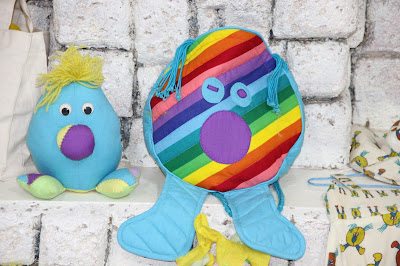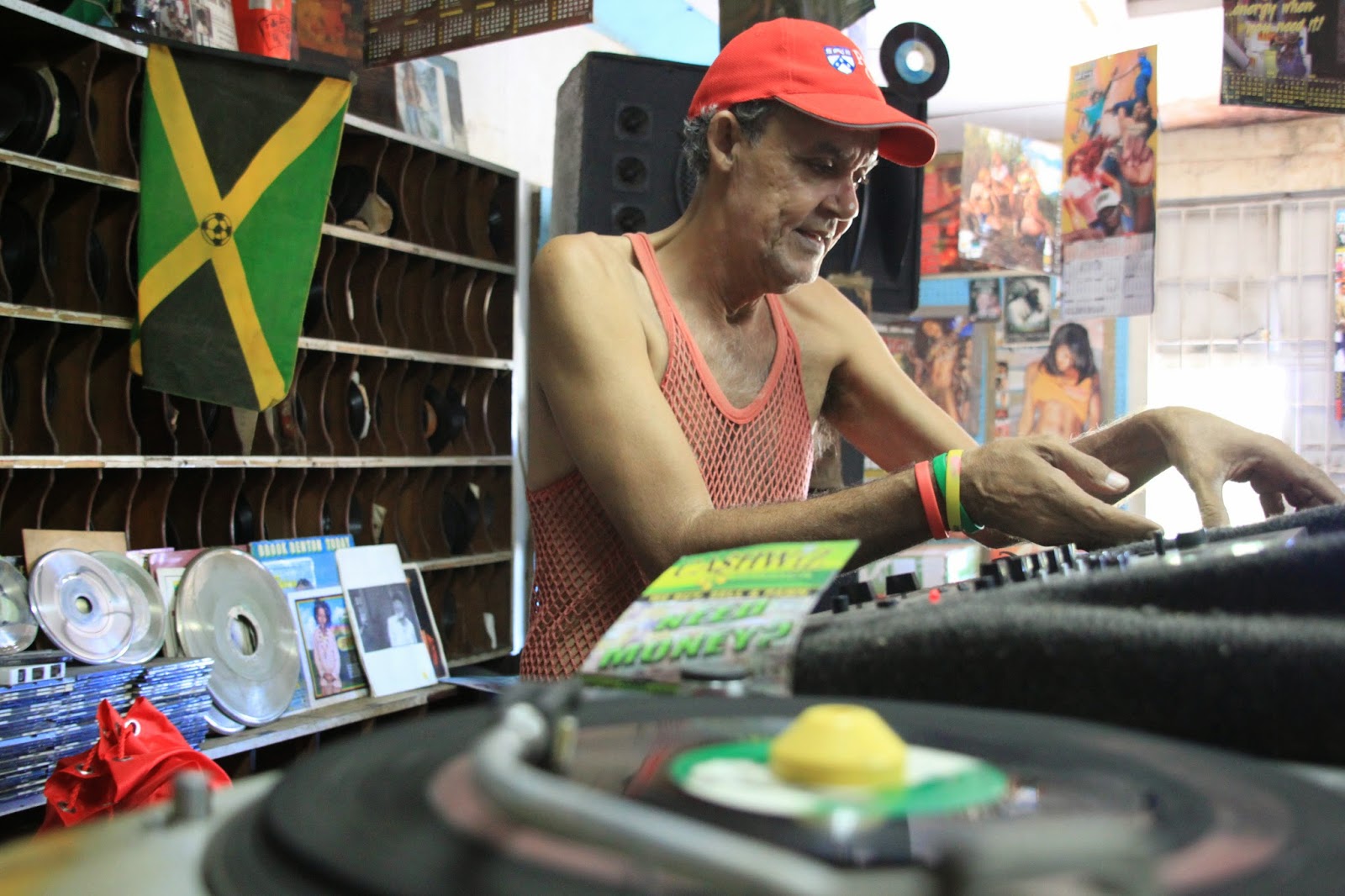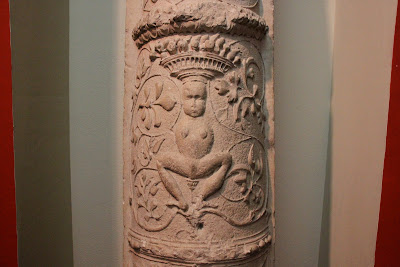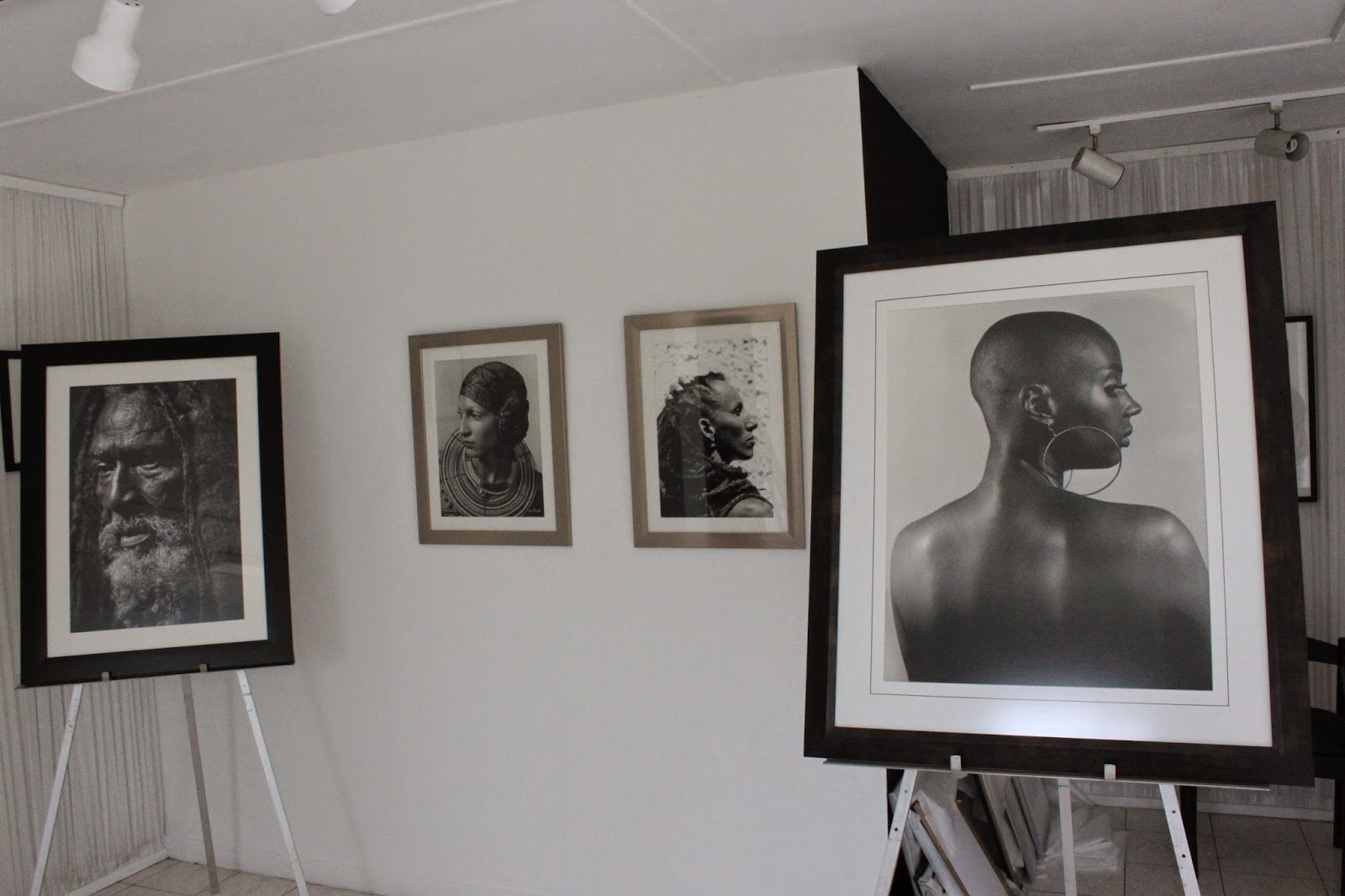'Kreacha' comforts
In a land with lush green trees, surrounded by sun-kissed mountains, occasional clouds passing by and a rainbow emerging from the pot of gold, live the loveable Edi, Galliwasp, Tumble Tud, Pitcherie and Pandi Green - the Kreachas (creatures).
These imaginary characters live and play and go on adventures in the hilly expanse of 'back-a-bush'. Growing up, all of us would have lived, created and embraced the idea of a fairy tale, which Kreacha is too - only that the setting and habitat are local and the characters indigenous.
"The endearing Kreacha a 'pickney friend' is filled with lots of colours and unique characters that would bring delight to any child's playful life," said Colin Porter, manager, Technical Services Jamaica Business Development Corporation (JBDC).
Porter informed that the concept of Kreacha was born out of a need to present a range of plush toys with stories and characters relevant to the Jamaican and Caribbean experience.
"Internationally, toys are focusing on ethnic diversification," he said. "But culturally-relevant plush toys are virtually absent from the Jamaican marketplace."
Toys, according to numerous studies and research, play a key role in early childhood development, from honing motor skills and acquiring social skills to creative and intellectual development. Kreachas can be a viable media that can connect Jamaican children to their roots, rather than growing up on imported characters.
Kreacha, Porter said, was conceptualised more than five years ago and, prototypes made, the cuddly characters are innovative creations which can fill the need to connect children to their roots. This becomes critical in the time when the world has shrunk to a global village and the need to take one's identity and uniqueness out there is immense.
"Although this (concept) was put together five years ago, it still holds relevance today," Porter said.
A child is like a sponge, it is said, and whatever they see and observe, they absorb. The earliest form of their growth, development and communication begins at home. Lack of indigenous characters in the growing years, causes children to gravitate to foreign - often alien - cultures, which they adopt later in life.
For a generation that is scarfing down burgers, fries and cheese snacks, and rattling off foreign accents, connecting them with their roots is imperative.
Porter said his organisation would like to see the concept taken to the market and these delightful locally-grown characters become popular. "There are still virtually no locally designed or made toys in Jamaica, and the demand and trends still hold as much as they did then, as well as the opportunities," he said.
Research and studies have indicated that children learn to do more things, and as they interact with toys and other objects, they solve problems and get a greater understanding of themselves, other people, and the world around them.
"This is a great entrepreneurial opportunity," Porter said. "The model for development is in place, all it will take is for a person with a vision to take this to the next level."
Brand Jamaica has been talked about on numerous occasions, and such opportunities would not only help to cement the country's positive image, but be a great opportunity for income generation.
Meanwhile, in the serene 'back-a-bush', Edi, Galliwasp, Tumble Tud, Pitcherie and Pandi Green are encapsulated in their own little world, and searching for new adventures and someone to take these cuddly, colourful characters to adorn playpens to be embraced by children.








Comments
Post a Comment